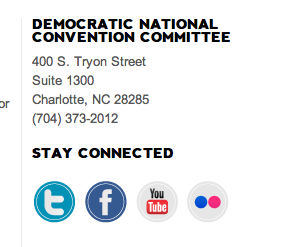I’m not sure who my readers are at this point, or what your
interests are, but I do know that we all like to challenge ourselves in some
way or another. If you’re one of those
people that choose to challenge yourself both physically and mentally by enduring
through grueling workouts, then you should continue reading. For those of you that choose to go a
different route in challenging yourself, you should still keep reading but this
may not be your cup of tea.
 Tough Mudder is essentially a 10 plus mile obstacle course
designed by British Special Forces to push you to the limits of your physical
and mental abilities. The brutal
obstacles range from swimming through freezing cold water, to being charged
with 10,000 volts of electricity. This is no simple task, but the reward is
well worth the pain you must endure to cross the finish line.
Tough Mudder is essentially a 10 plus mile obstacle course
designed by British Special Forces to push you to the limits of your physical
and mental abilities. The brutal
obstacles range from swimming through freezing cold water, to being charged
with 10,000 volts of electricity. This is no simple task, but the reward is
well worth the pain you must endure to cross the finish line.
Unlike many similar challenges, Tough Mudder prides itself
on not only being difficult to complete, but also fun at the same time. This is no ordinary test of strength and
endurance, and it doesn’t end when you cross the finish line. If you do manage to carry yourself across the
finish line, you’ll be met by a cold beer and a live band, fueling the after
party.
 Tough Mudder holds events worldwide over the course of the
year. For all of my Queens readers, the
event will be in Society Hill, South Carolina the weekend of October 27. If you think you are up for the challenge,
registration is open until October 19.
If you don’t think you are quite ready yet, you can register as a
spectator to check out what the course is like and support the hundreds of
challengers as they persevere through what is likely the most difficult
obstacle course in the world.
Tough Mudder holds events worldwide over the course of the
year. For all of my Queens readers, the
event will be in Society Hill, South Carolina the weekend of October 27. If you think you are up for the challenge,
registration is open until October 19.
If you don’t think you are quite ready yet, you can register as a
spectator to check out what the course is like and support the hundreds of
challengers as they persevere through what is likely the most difficult
obstacle course in the world.
This is just a brief explanation of Tough Mudder. If you’re interested in finding out more
about the event visit www.toughmudder.com.
Jeremy Bugbee















